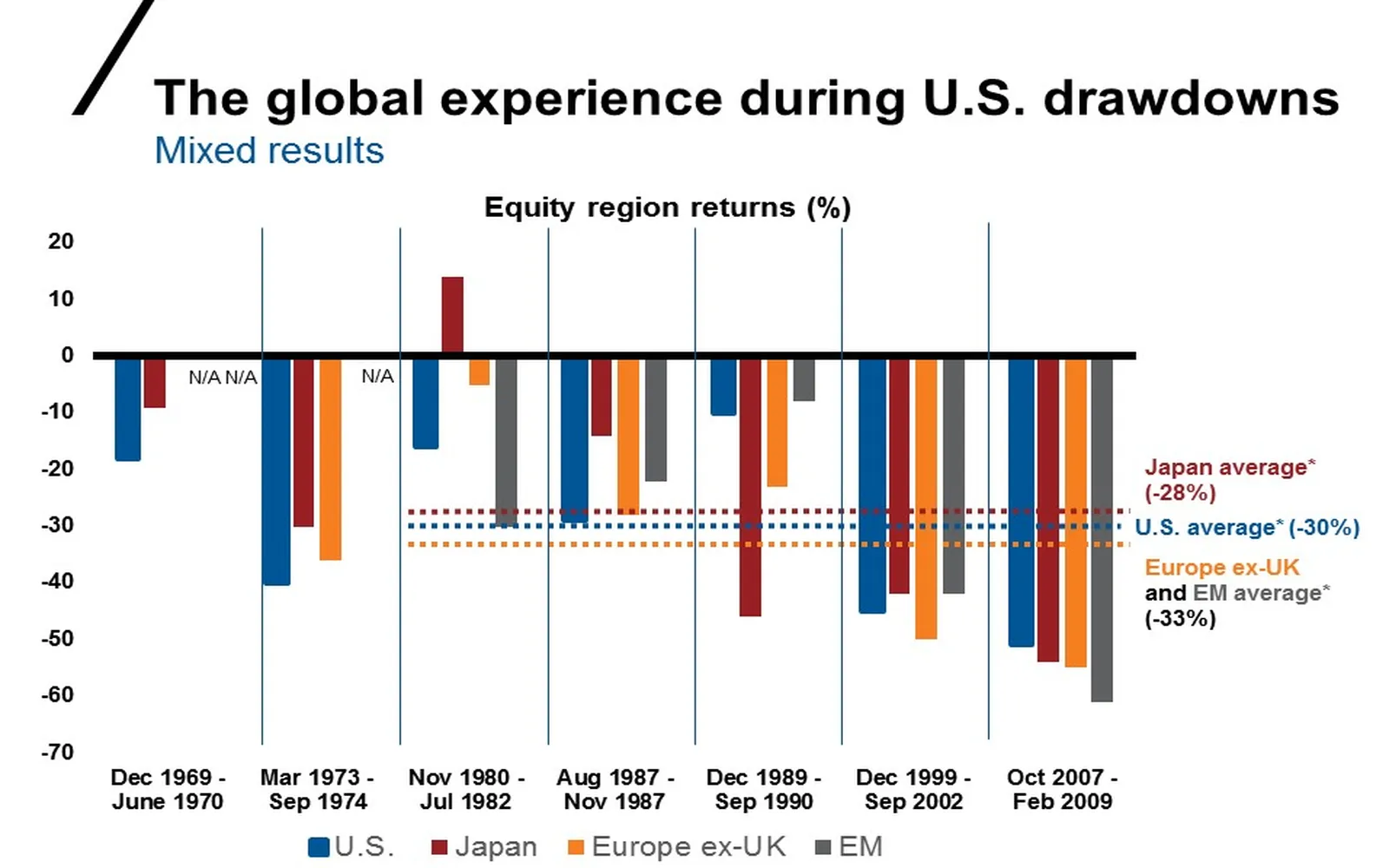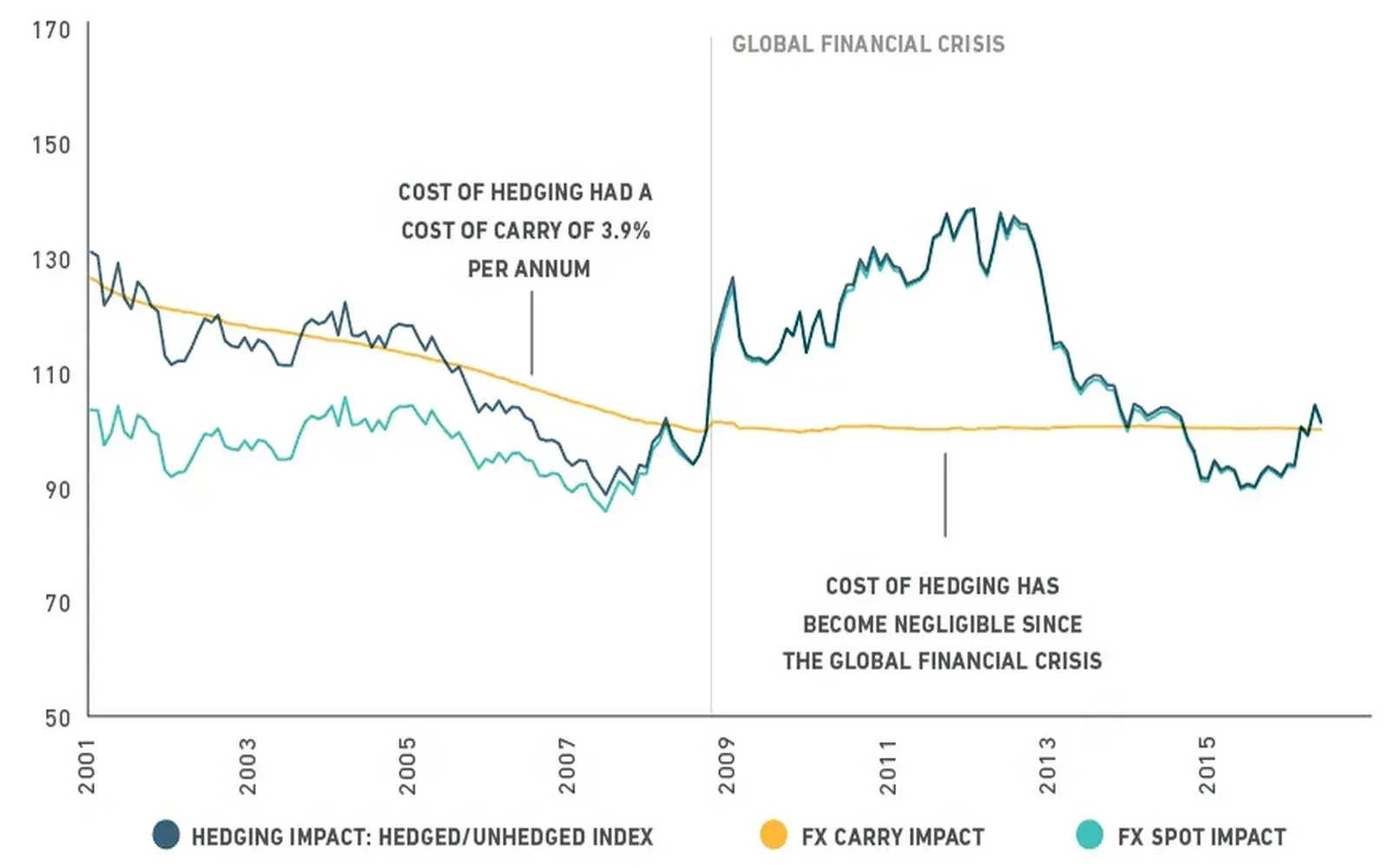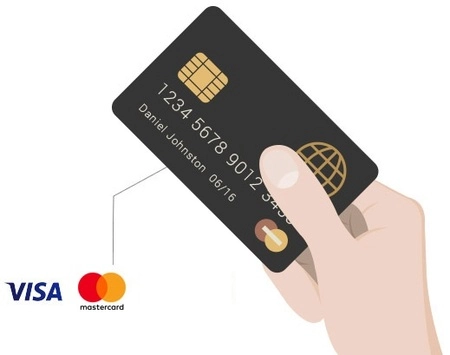Pay-per-click (PPC) advertising has become a crucial component of digital marketing, allowing businesses to reach their target audience effectively. However, managing a PPC campaign effectively requires a strategic approach to optimize your budget and boost conversion rates. Below are some effective PPC strategies that can help you maximize your advertising efforts.
1. Conduct Thorough Keyword Research
Keyword research is the foundation of any successful PPC management strategy. Utilize tools such as Google Keyword Planner, SEMrush, or Ahrefs to identify relevant keywords that your target audience is searching for. Focus on a mix of long-tail keywords and short-tail keywords to capture a broader range of search queries.
In addition, consider the intent behind the keywords. Are users looking for information, or are they ready to make a purchase? Tailoring your ad copy and landing pages to match user intent can significantly improve your conversion rates.
2. Optimize Ad Copy and Design
Your ad copy is the first impression potential customers will have of your business, so it must be compelling and relevant. Here are a few tips for optimizing your ad copy:
- Use strong calls to action (CTAs): Encourage users to take action with phrases like "Buy Now," "Sign Up Today," or "Get Your Free Trial."
- Highlight unique selling propositions (USPs): What sets your product or service apart from competitors? Make sure to communicate this in your ad.
- Utilize ad extensions: Use site link, callout, and structured snippet ad extensions to provide additional information and increase the visibility of your ads.
3. Implement A/B Testing
A/B testing, or split testing, is a powerful method for optimizing your PPC campaigns. By testing different versions of your ads, you can determine which elements resonate most with your audience. Here are some aspects to test:
- Ad headlines: Experiment with different headlines to see which one garners more clicks.
- Ad descriptions: Test variations in your ad descriptions to find the most persuasive wording.
- Landing pages: Different landing pages can yield different conversion rates. Test layouts, content, and CTAs to find the most effective combination.
Keep track of your results and adjust your campaigns based on data-driven insights. A well-optimized PPC campaign can lead to significant cost savings and improved performance.
4. Target the Right Audience
Effective PPC management hinges on reaching the right audience. Use demographic targeting, geographic targeting, and device targeting to hone in on specific segments of your market. Here’s how you can refine your audience targeting:
- Demographic targeting: Adjust your campaigns based on age, gender, and household income to ensure your ads reach the most relevant audience.
- Geographic targeting: If your business has a local focus, use location targeting to limit your ads to specific areas. This can help you optimize your budget by attracting local customers.
- Device targeting: Analyze the performance of your ads across different devices. You may find that mobile users respond better to certain ads, allowing you to tailor your approach accordingly.
5. Monitor and Adjust Bids
Bid management is a critical aspect of PPC management. Regularly monitoring your bids and adjusting them based on performance can lead to better ad positioning and lower costs. Here are some strategies to consider:
- Use automated bidding strategies: Platforms like Google Ads offer automated bidding options that adjust your bids based on your campaign goals.
- Set bid adjustments: Increase bids for high-performing keywords and decrease bids for underperforming ones to ensure your budget is spent effectively.
6. Analyze Performance Metrics
Regularly analyzing your campaign’s performance metrics is essential for optimizing your PPC strategy. Key metrics to monitor include:
- Click-through rate (CTR): A higher CTR indicates that your ads are relevant and engaging.
- Conversion rate: This metric tells you how many clicks resulted in a desired action, such as a purchase or sign-up.
- Cost per acquisition (CPA): Understanding your CPA can help you evaluate the effectiveness of your spending.
Use these metrics to make informed decisions about your campaigns. If certain ads or keywords are underperforming, consider reallocating your budget to more successful elements.
7. Utilize Remarketing Strategies
Remarketing is a highly effective way to re-engage users who have previously interacted with your website but did not convert. By showing tailored ads to these users, you can remind them of your offerings and encourage them to return. Here are some tips for effective remarketing:
- Create segmented lists: Tailor your ads based on user behavior, such as pages visited or time spent on your site.
- Use dynamic ads: Show users products they viewed or similar items to entice them back to your website.
Incorporating remarketing into your PPC strategy can lead to increased conversion rates and a better return on investment.
Conclusion
In conclusion, effective PPC management requires a combination of thorough research, strategic planning, and continuous optimization. By implementing these strategies, you can optimize your budget and significantly boost your conversion rates. Remember to stay updated with industry trends and adjust your campaigns accordingly to maintain a competitive edge in the ever-evolving digital landscape.









